🔊 Are Vibrators Loud? A Different Point of View On Your Favorite Pleasure Toys
Are Vibrators Loud
Ah, you’ve got this fantastic new vibrator that you want to try out immediately, but your roommate is in the other room, and you are afraid they will hear you. Or maybe you are feeling adventurous by yourself on the train today? Don’t worry; we got you. Let’s found out how loud you (and your vibrator) can be!
Want actual decibel numbers? See our Quiet Vibrators: Lab-Tested Noise Levels with a simple dB chart by toy type.
Are Vibrators Loud?
Are vibrators loud? Well, they can be (but don’t have to)! But we don’t want you saying that you are brushing your teeth in your room at 2 am, so we’ve gathered this information for you.
Whether a vibrator is loud or not depends on the vibrator itself - its price, as well as what size and model it is. The model and its design can also determine how loud a vibrator is since some materials are more sound-proof than others. There are differences, from small bullet vibrators that you completely insert and can wear for a longer time; to suction clitoral vibrators and giant loud wands. However, remember that a bigger vibrator doesn't necessarily mean more power; therefore - you may get a small vibrator, which may still be really powerful and loud. So, before buying one, read many reviews and choose accordingly.
How Loud Are Vibrators?
A vibrator can be as loud as a conversation in a coffee shop; and as quiet as the average noise in a room (such as the background noise of a refrigerator). Usually, wands are said to be more powerful and, therefore, louder than the other vibrators. So you should definitely use them while your roommate is with their headphones on or away! Some of them are so loud that you can hear them even with your door closed. And we know that some walls are extremely thin…
On the contrary, the smaller clitoral massagers are more discrete and quieter, and your phone buzzing or keyboard typing can mask their noise! There are some vibrators that you cannot identify even if you are standing next to the person using them. They are also perfect for having a little fun and teasing your partner with a remotely controlled vibrator while at a business gathering or out with friends!
Again, how loud the vibrator exactly depends on how they built the device, what kind of stimulation they made it for, what materials they used, and many more things. For side-by-side dB results by vibrator type, check our vibrator decibel chart.
What to Do If You Have to Keep Quiet?
Captain Obvious... Get a Quiet Vibrator
Even if your roommate is there, you can still enjoy a vibrator without worrying about someone hearing you! It’s human, and all of us need it. All you need to do is get a ultra quiet vibrator. Vibrators covered in rubber or made from rubber tend to be quieter because the rubber absorbs sound.
Also, wearable, hands-free, and other small clitoral vibrators allow you to enjoy yourself and not be heard even if the person is standing next to you! Some of them also make a great accessory since you can even wear them as jewelry, and no one would even think of what they are! They can even allow you to try them out in public if you are up for adventures. To know how loud is a vibrator, you need actually to try it out or read a lot of reviews. If a friend recommends one, it would even be better!
Make Your Vibrator Quiet
To make your vibrator quiet, you can:
- Keep your door closed and the vibrator covered - try covering it with a pillow or bedcover.
- Use materials such as bubble wrap that you can wrap around your vibrator to keep it silent. Of course, this doesn’t work for the completely insertable vibrators.
- Be as far away as possible from the person that can hear you! Proximity matters when it comes to noise.
Use a Dildo Instead
To avoid the loud or not-so-loud noise from the vibrator; you can always choose a dildo instead! Or at least when your roomie is home! Basically, what makes the vibrators loud is mainly their motor - something dildos lack. And there are vibrating dildos, too; however, a non-vibrating one will guarantee discreteness and silence. The only noise you will need to control is the one that will come from you pleasuring yourself! We offer all kinds of vibrators and dildos, so there is plenty to choose from in our shop; it depends on what you feel most comfortable with and what will serve you best.
Frequently Asked Questions About Vibrator Noise
How many decibels is a typical vibrator?
Most vibrators operate between 40-70 decibels, with quiet models at 35-45 dB (library level), mid-range at 45-55 dB (normal conversation), and loud wands at 60-70 dB (busy restaurant). Bullet vibrators and clitoral suckers tend to be quietest at 35-50 dB, while powerful wand massagers can reach 60-70 dB. Premium motors with better engineering maintain lower noise levels even at high intensities. For detailed decibel comparisons by toy type, see our lab-tested quiet vibrators guide.
Can my roommate hear my vibrator through the wall?
Standard drywall reduces sound by 15-20 decibels, so a 50 dB vibrator becomes about 30-35 dB in the next room—roughly equivalent to a whisper. However, thin apartment walls, shared-wall dorms, or homes with hollow doors may transmit more sound. Factors affecting transmission include: wall construction quality, door gaps, proximity to shared walls, and background noise levels. Using your vibrator on a soft surface like a bed rather than a nightstand, adding background noise (fan, music), and choosing models under 45 dB significantly improves discretion in shared living situations.
What type of vibrator is the quietest?
Bullet vibrators and air-pulse clitoral stimulators (like rose toys) are typically the quietest options, operating at 35-45 decibels with quality motors. Small, rechargeable bullet vibrators with premium motors offer excellent discretion for shared living spaces. Air-pulse toys create suction sensations with minimal motor noise. Internal vibrators also tend to be quieter as your body muffles the sound during use. Avoid corded wand massagers if noise is a primary concern—these typically operate at 55-70 dB even on lower settings.
Do more expensive vibrators run quieter?
Generally yes—premium vibrators invest in higher-quality motors, sound-dampening materials, and precision engineering that significantly reduces operational noise. Budget vibrators ($20-40) often use louder brushed motors and thin plastic casings that amplify sound. Mid-range options ($40-100) typically feature brushless motors that run 10-15 dB quieter. Luxury vibrators ($100+) employ magnetic motors, sound-dampening silicone construction, and quality control testing for acoustic performance. However, price alone doesn't guarantee quiet operation—always check verified user reviews mentioning noise levels and look for specific decibel ratings when available. More information in our in-depth guide on the noise levels of quiet vibrators.
How can I tell if a vibrator will be quiet before buying?
Look for specific noise level claims in decibels (under 50 dB is ideal), read verified customer reviews mentioning discretion, and research the motor type (brushless or magnetic motors are quieter). Marketing terms like "whisper-quiet" vary widely—some companies mean 40 dB while others mean 55 dB. Customer reviews often mention "can hear through door" or "completely silent" which provide real-world context. Reputable retailers like The Dildo Hub provide detailed specifications and honest customer feedback. Rechargeable toys tend to be quieter than battery-powered ones, and smaller toys generally produce less noise than large wands.
Will turning down the intensity make my vibrator quieter?
Yes, most vibrators operate 10-20 decibels quieter on lower settings, but the noise reduction varies significantly by motor quality. Budget vibrators may only reduce 5-10 dB from low to high settings, while quality toys maintain consistent low noise across all intensities. Some premium vibrators stay under 45 dB even at maximum power. If you need reliable discretion, choose a vibrator that's quiet at ALL intensity levels rather than relying on lower settings. Test your vibrator's noise at different intensities through blankets or pillows to simulate real-world use conditions.
Are vibrating dildos quieter than external vibrators?
Vibrating dildos can be quieter during use because your body muffles some of the motor sound, but they're not inherently quieter than quality external vibrators. Once inserted, the vibrations transmit through your body rather than into the air, reducing audible noise by roughly 10-15 dB. However, when not inserted, vibrating dildos often produce similar noise to other vibrators. For maximum discretion in shared spaces, combine a quality low-noise vibrator (under 45 dB) with internal use, or choose a non-vibrating dildo which produces zero motor noise.
What's the best way to muffle vibrator noise in a dorm room?
Layer your vibrator between blankets or use it under covers, run a fan or white noise machine for sound masking, and schedule use during daytime when background noise is higher. Dorm rooms have notoriously thin walls and limited privacy, so multiple strategies work best: choose a sub-45 dB vibrator, use it on your bed (not hard surfaces that amplify sound), play music or turn on a fan, and avoid late-night/early-morning use when ambient noise is lowest. Small bullet vibrators and clitoral air-pulse toys offer the best discretion for dorm life. Keep your door fully closed and consider a door draft stopper which also blocks sound transmission.
Final Thoughts
Whether you risk it all at home with a wild vibrator, a mini quiet beast vibrator, or a mute dildo, do not forget to enjoy yourself and leave all the worries of whether will someone hear or not in the background. Find a comfortable, discrete spot (and time) to unleash your beast; start by choosing your vibrator/dildo today from our collections!


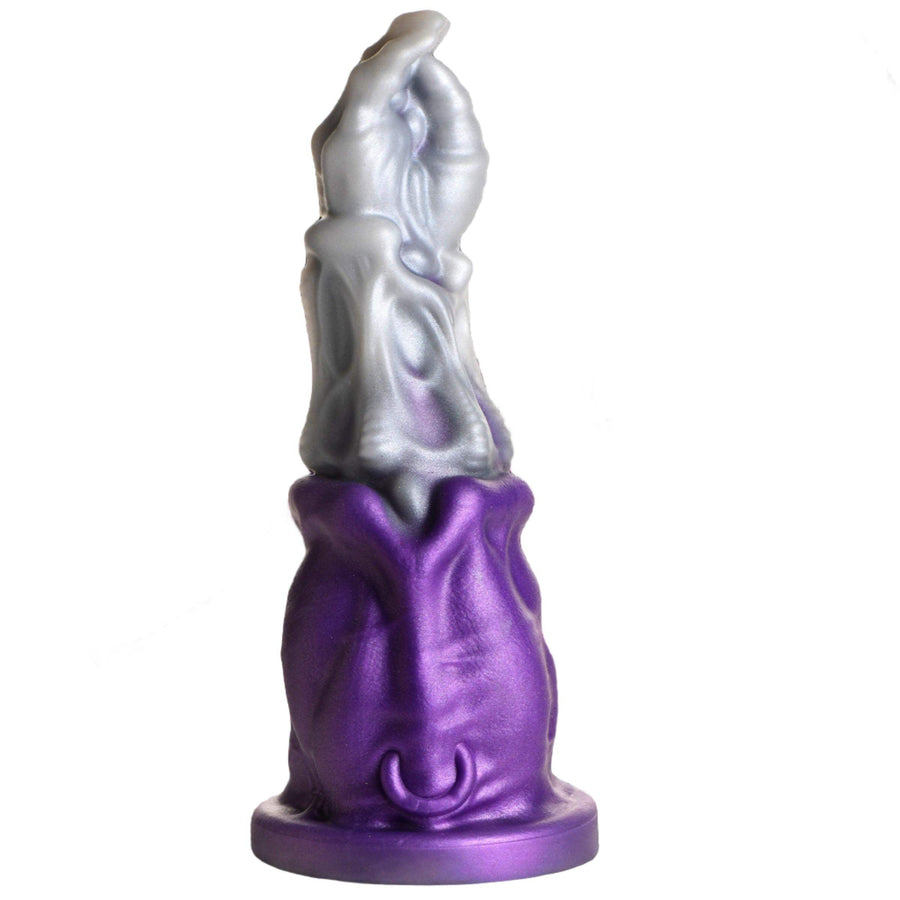

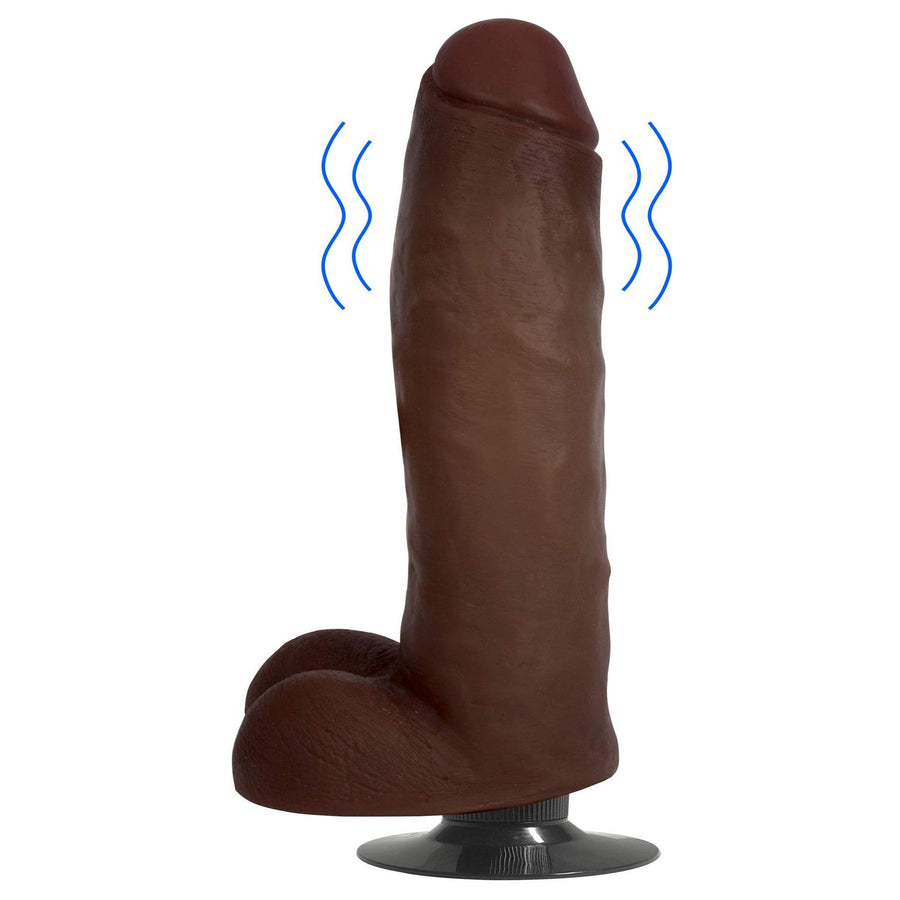
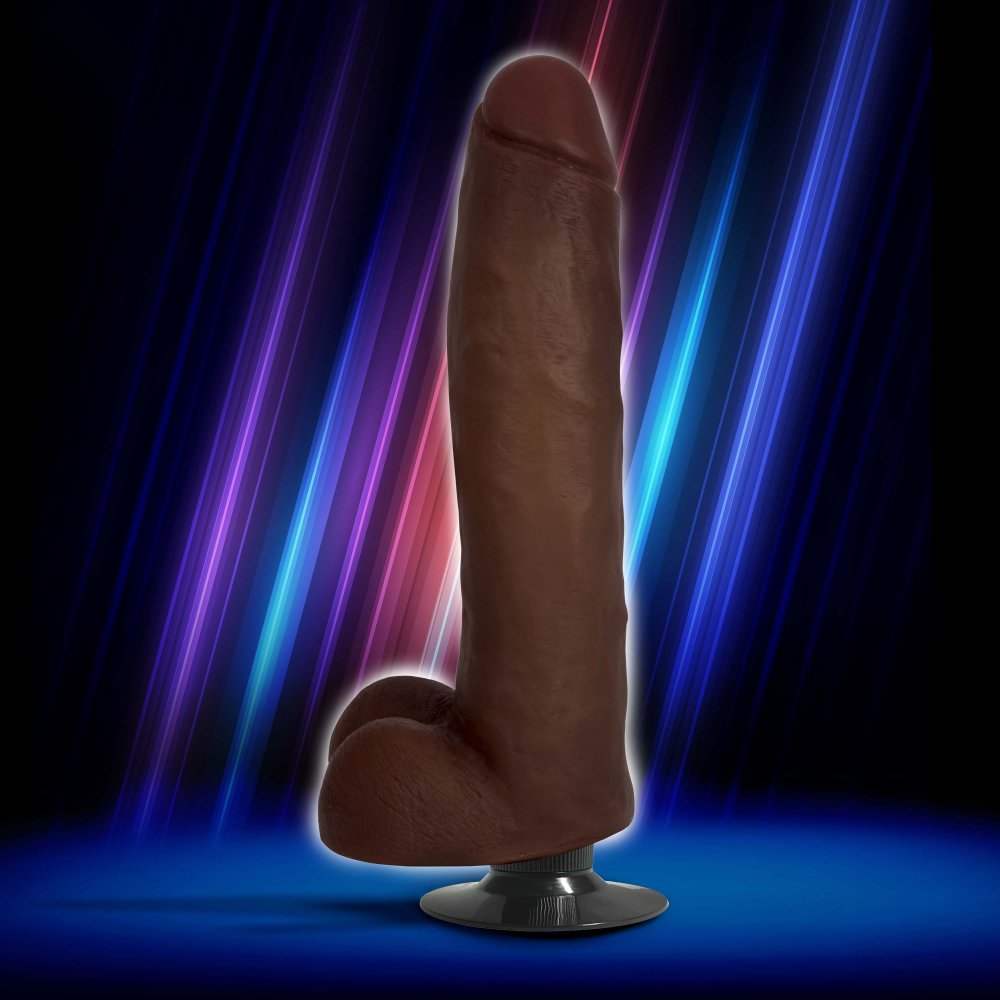
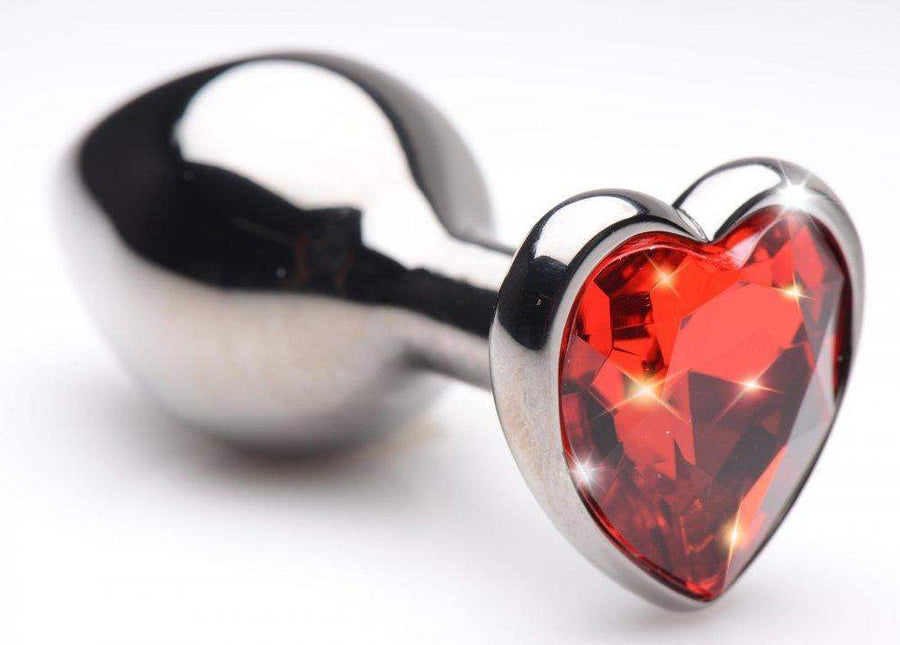
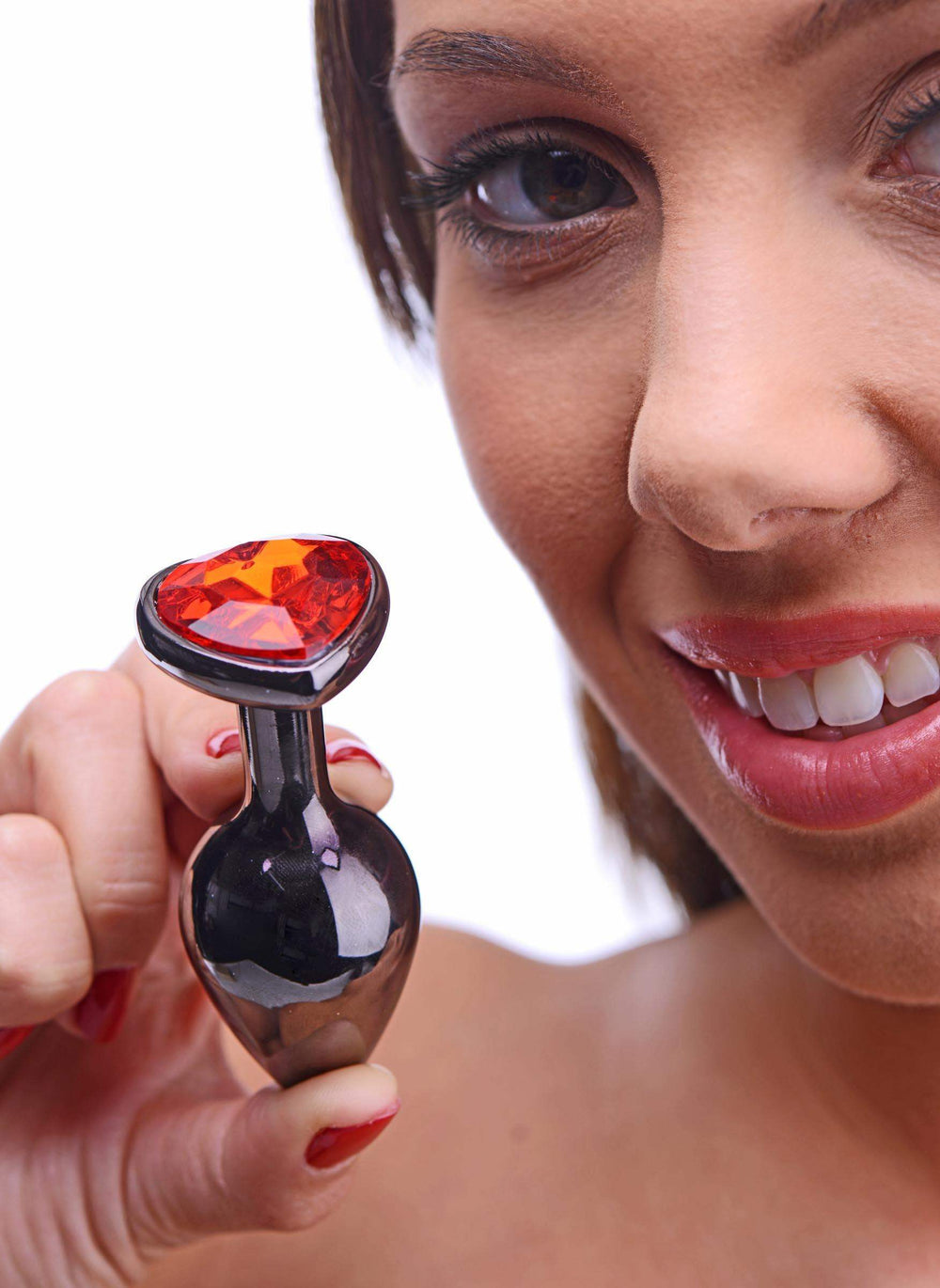
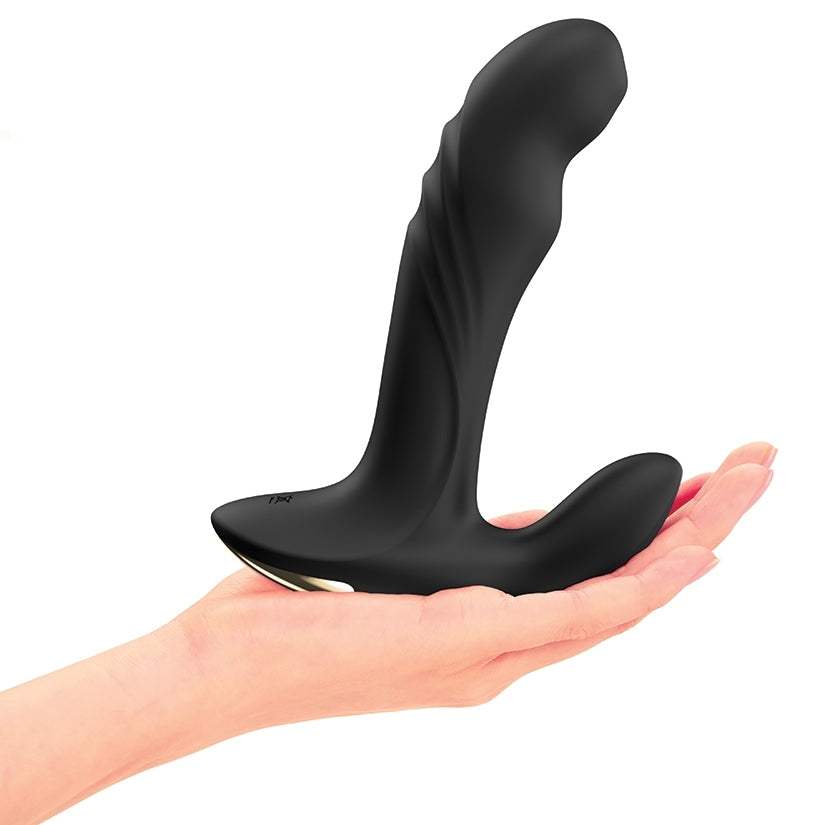
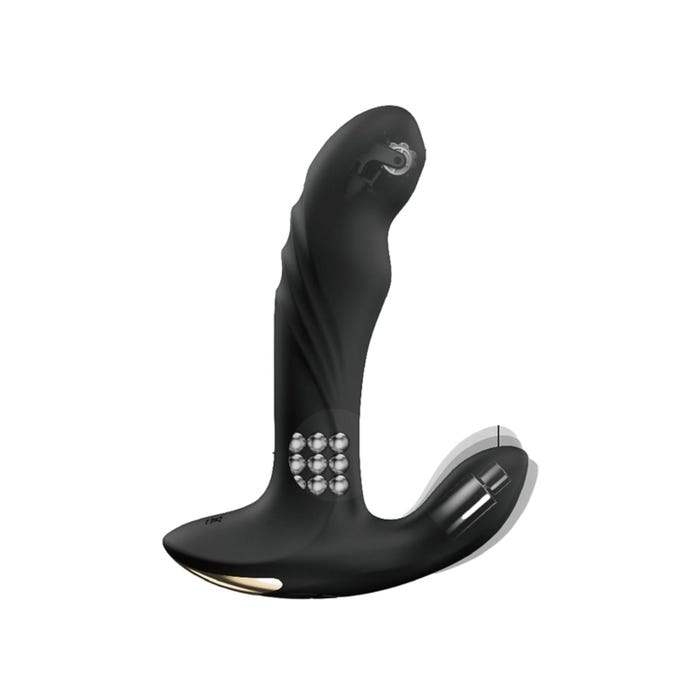
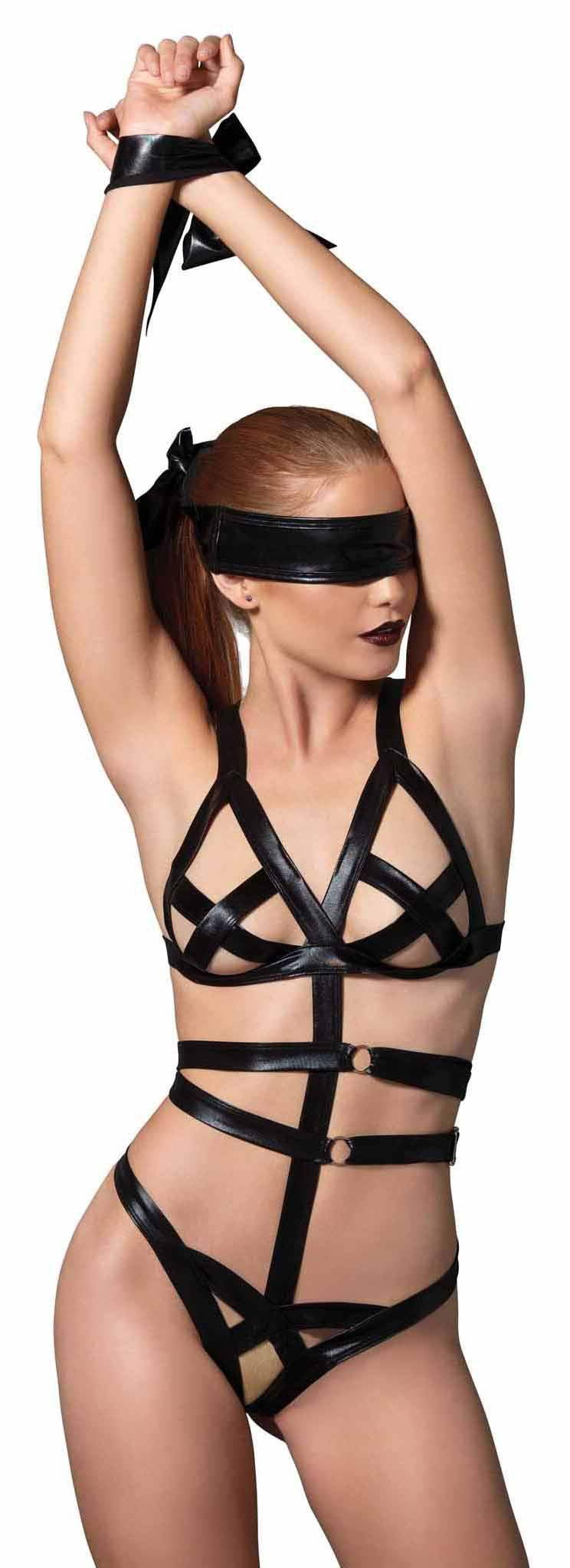
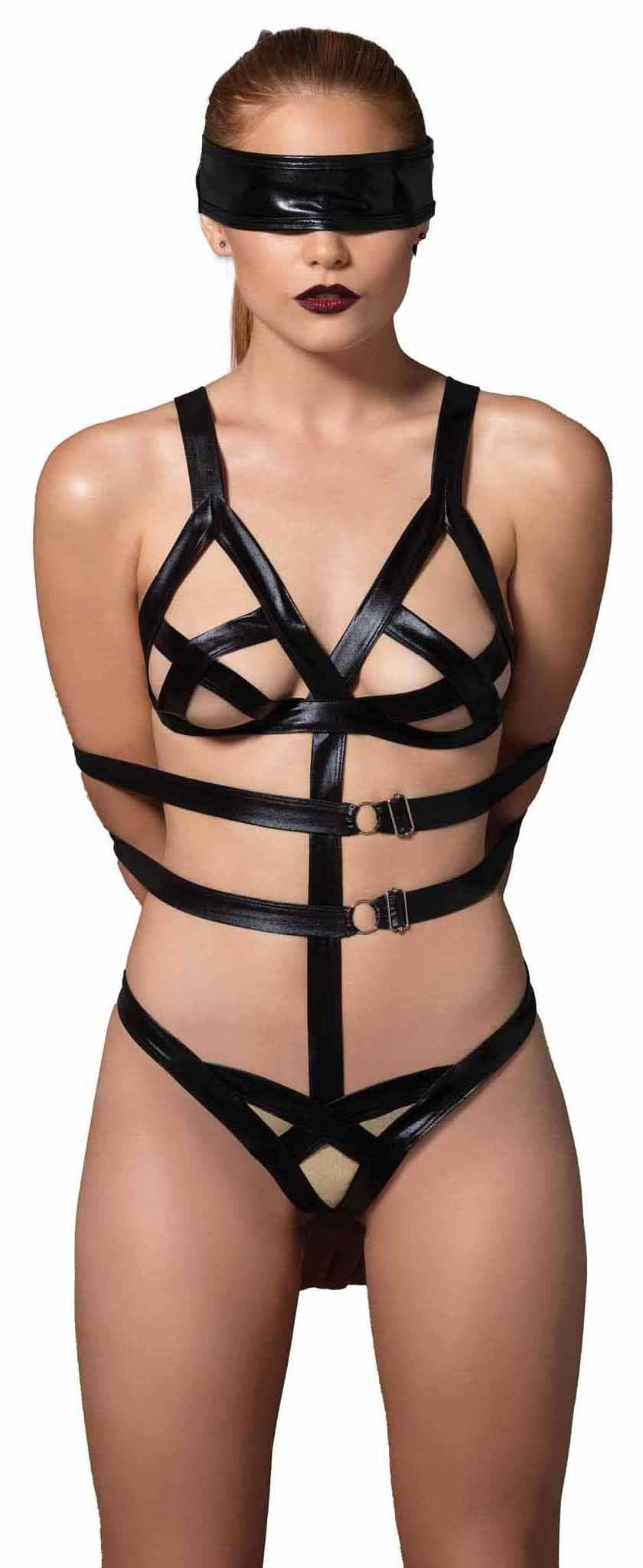
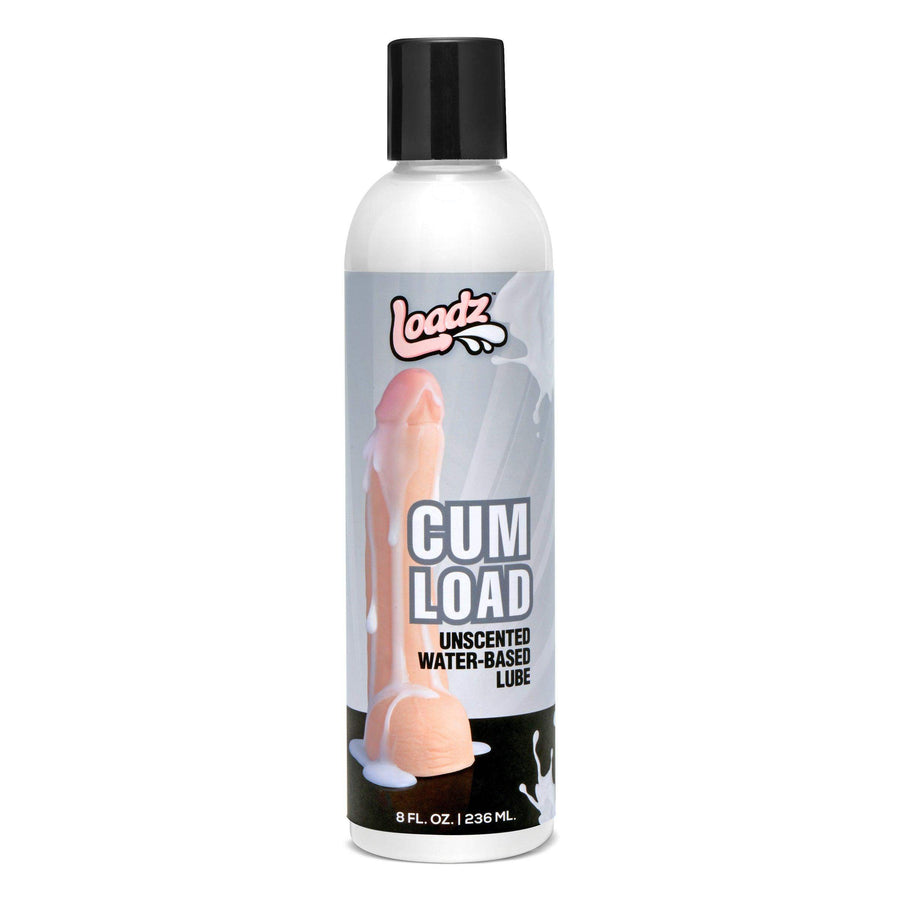
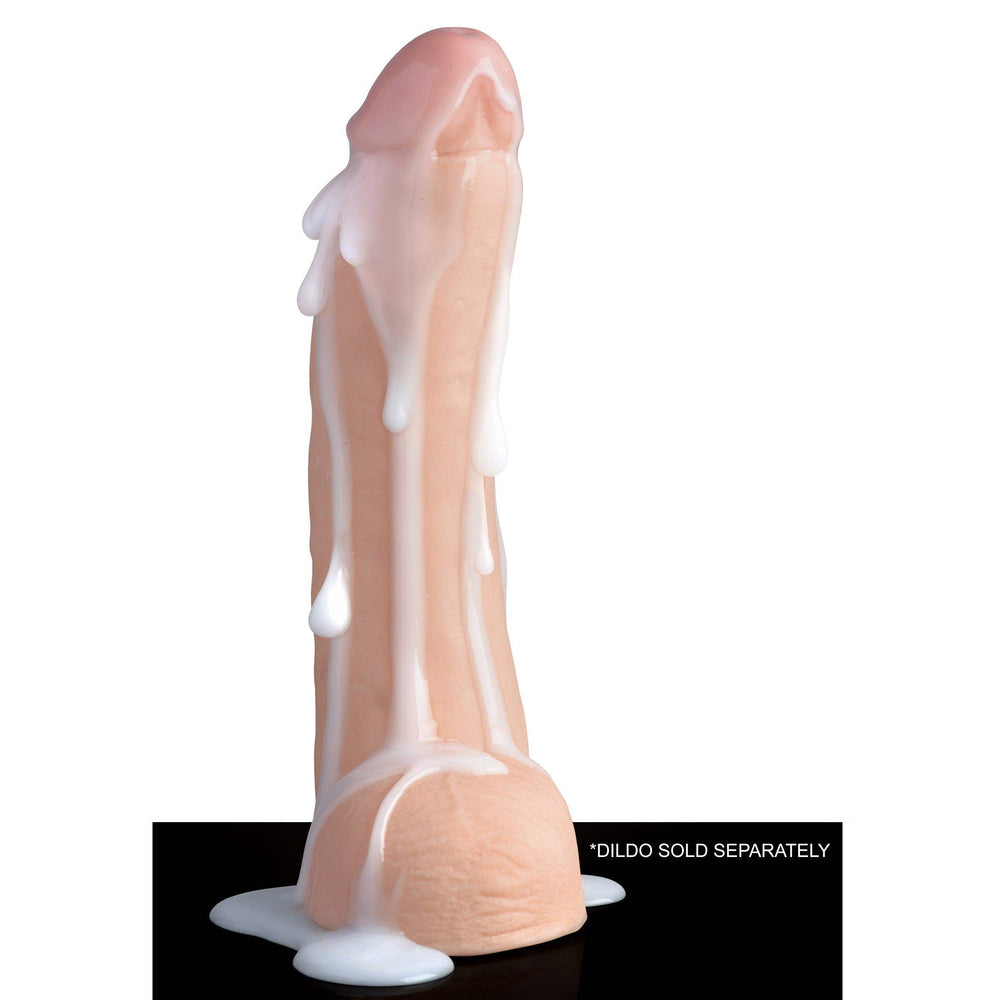
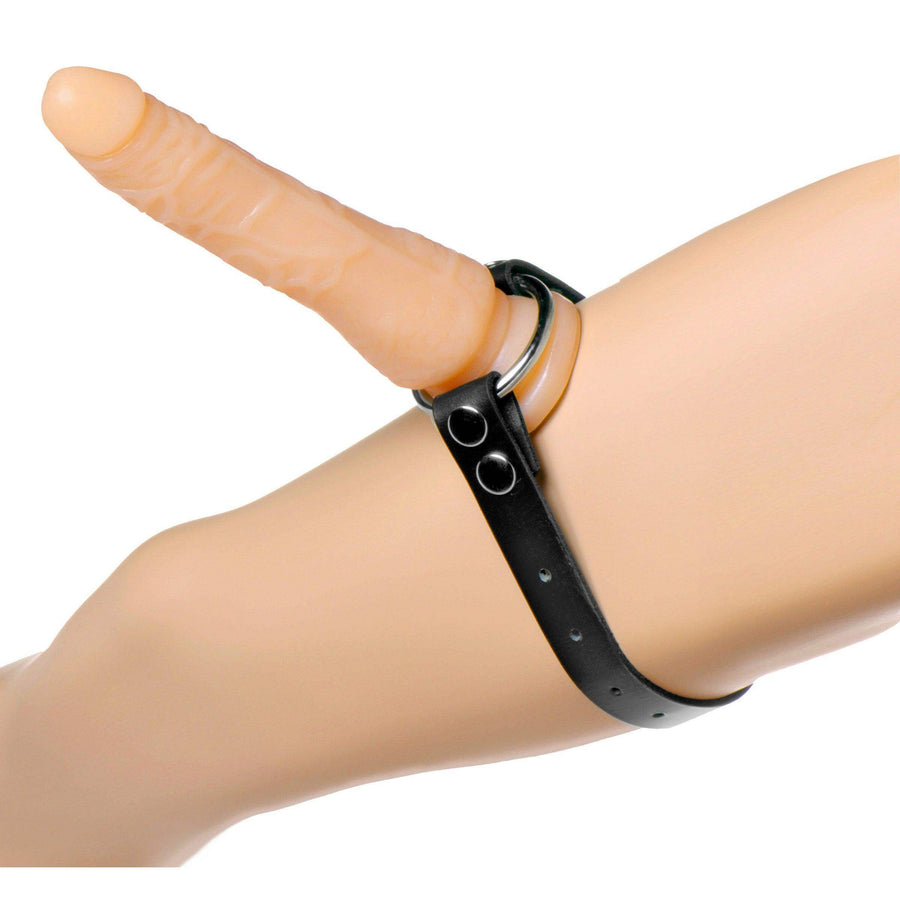
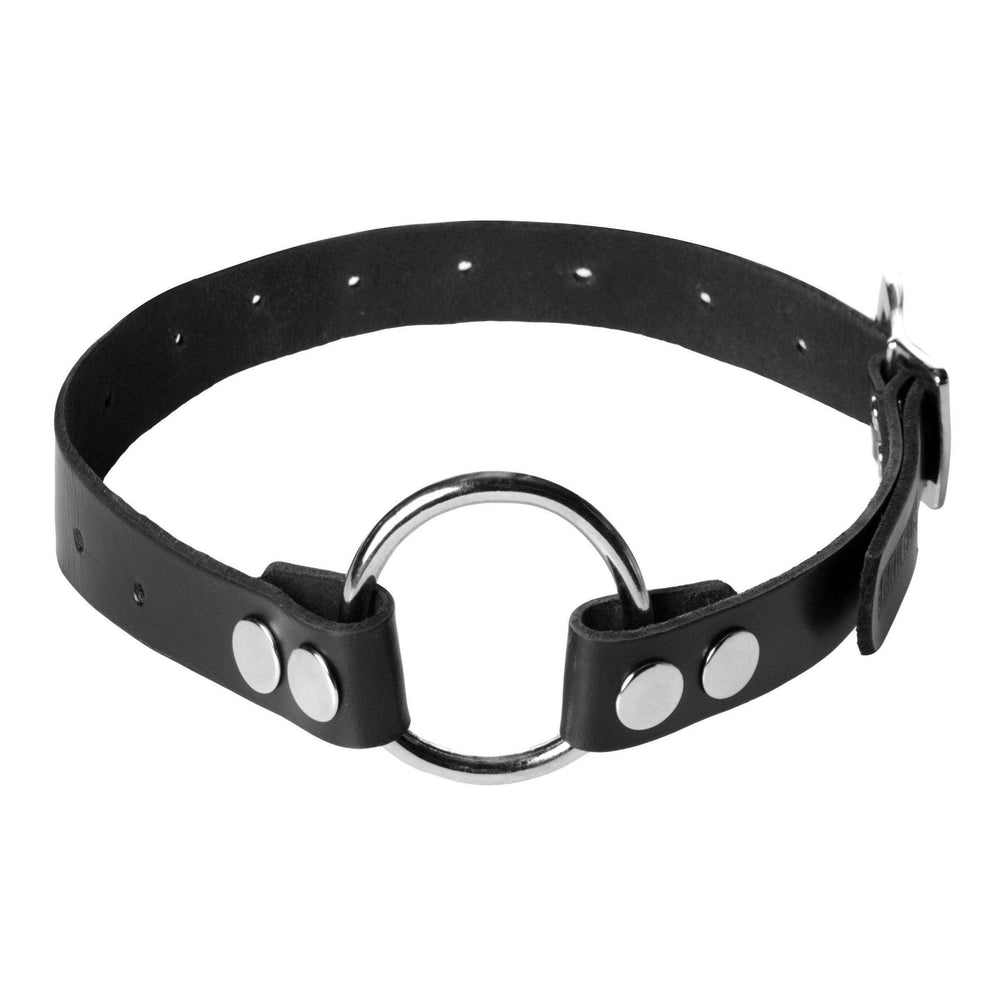
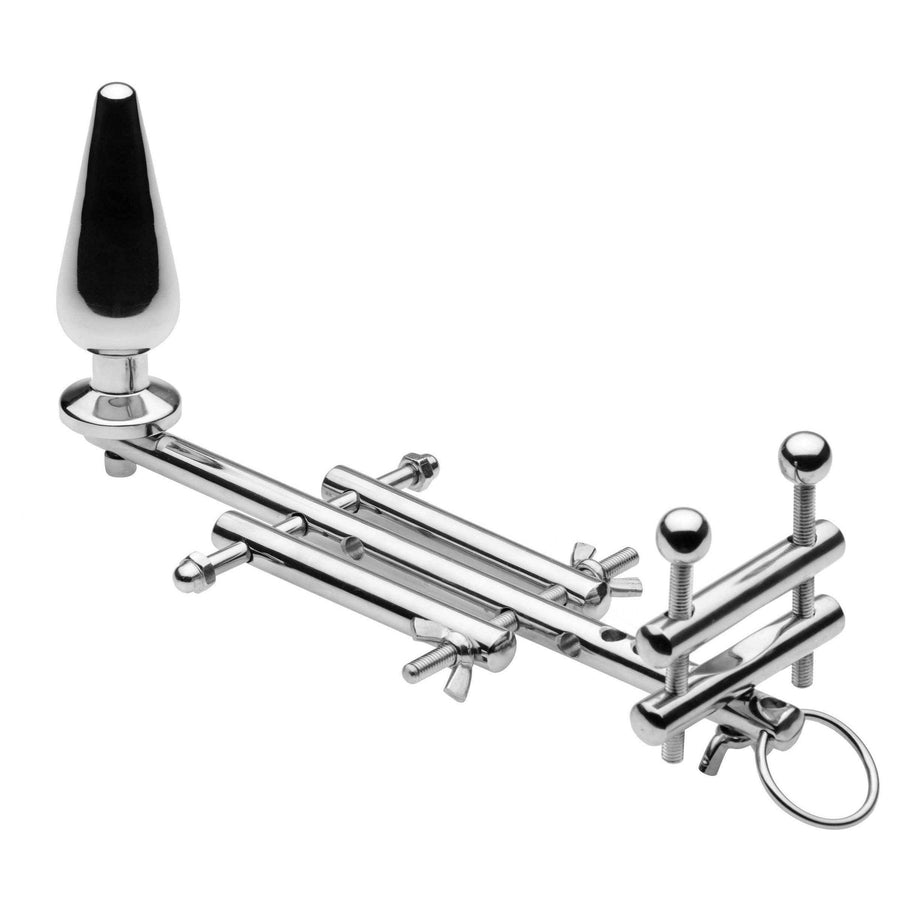
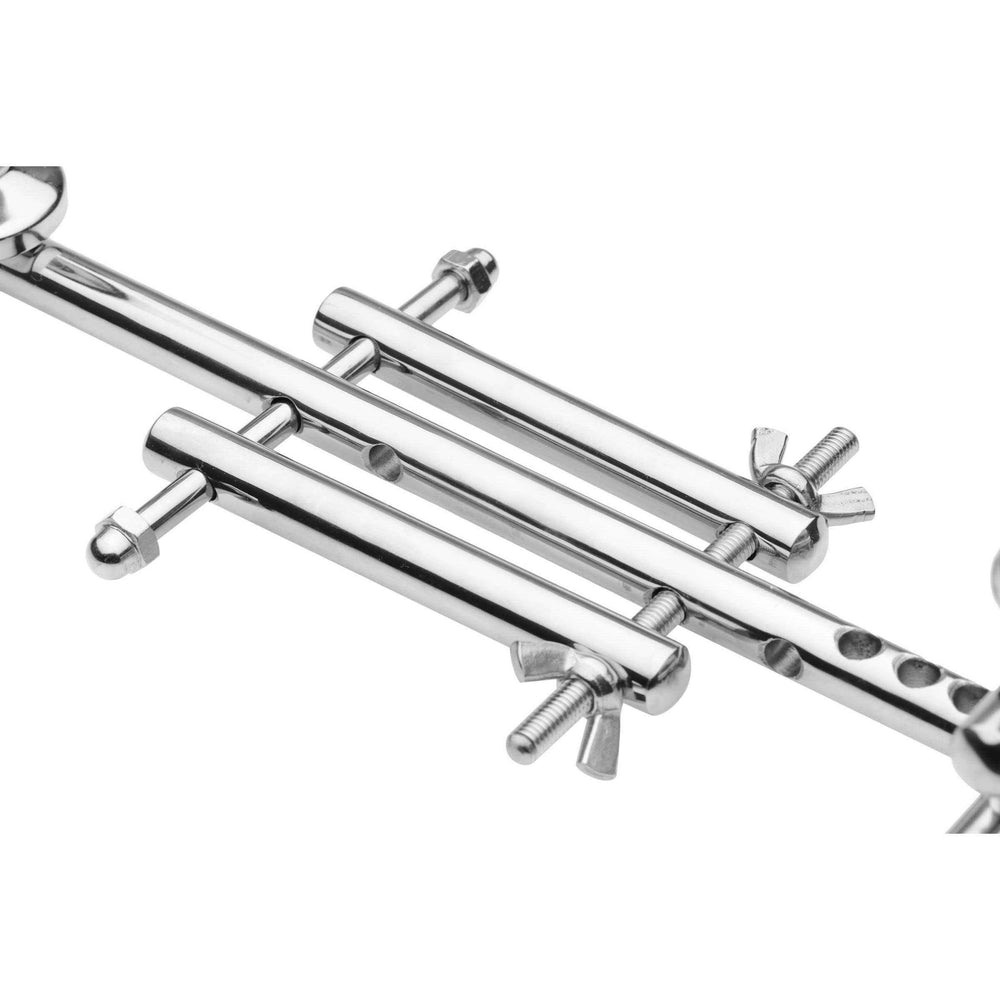


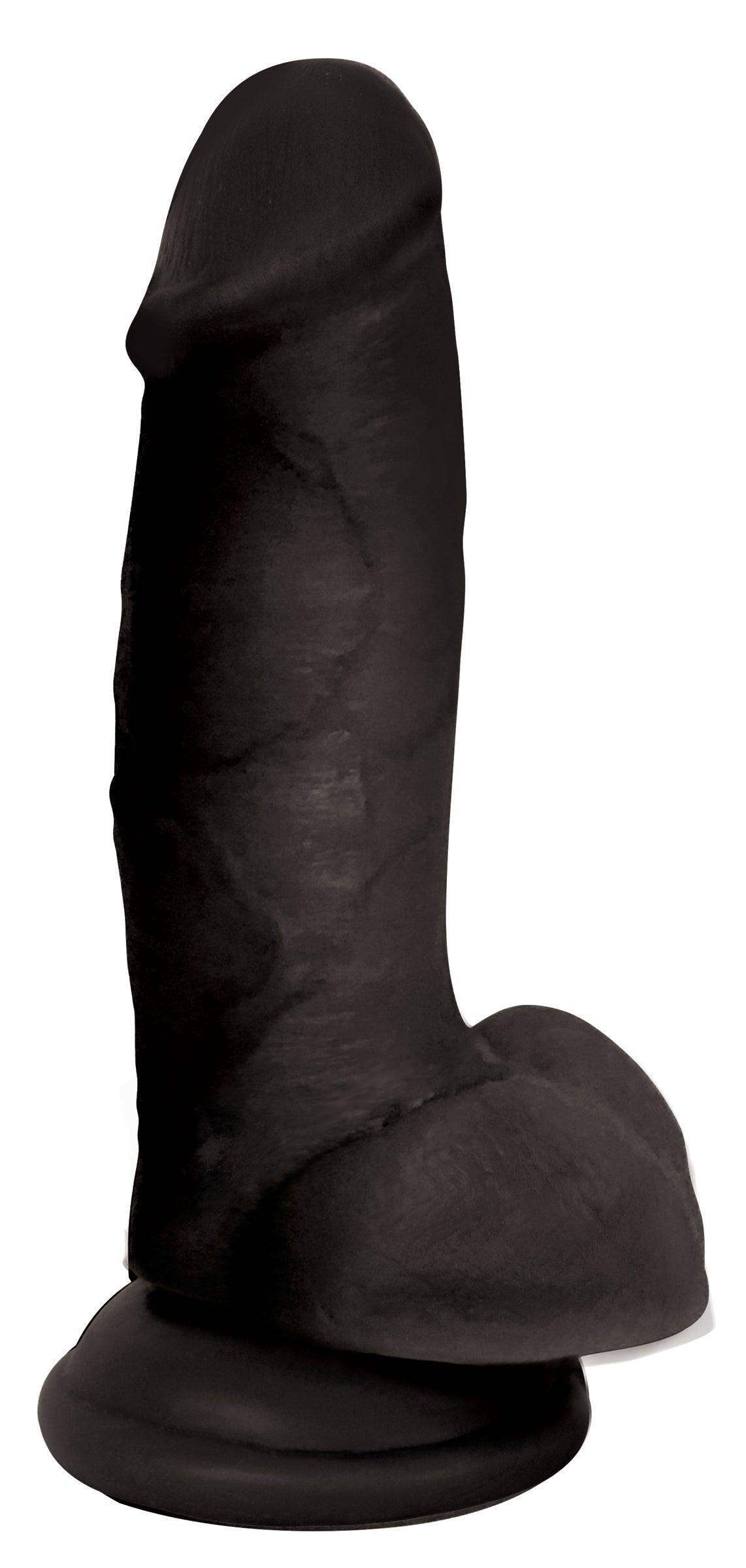











Leave a comment